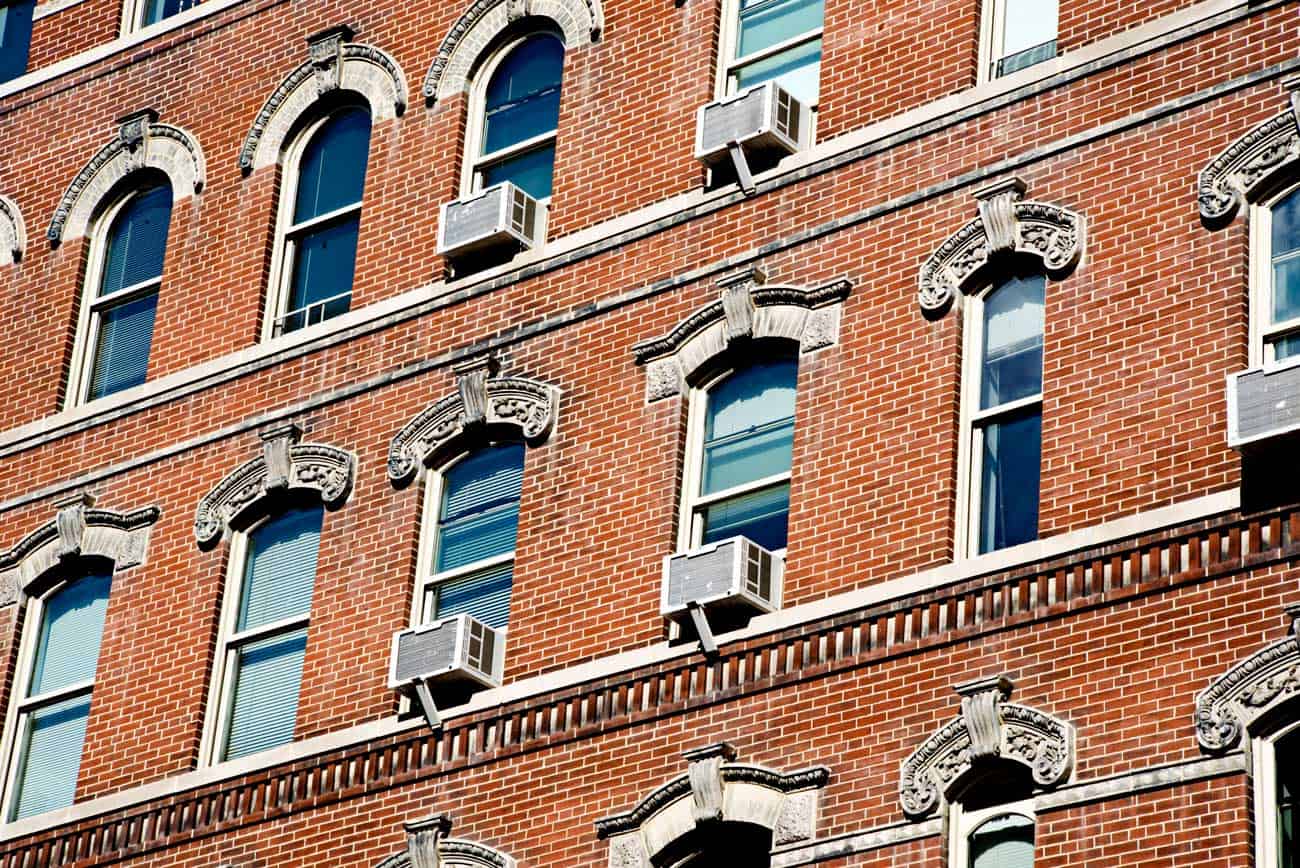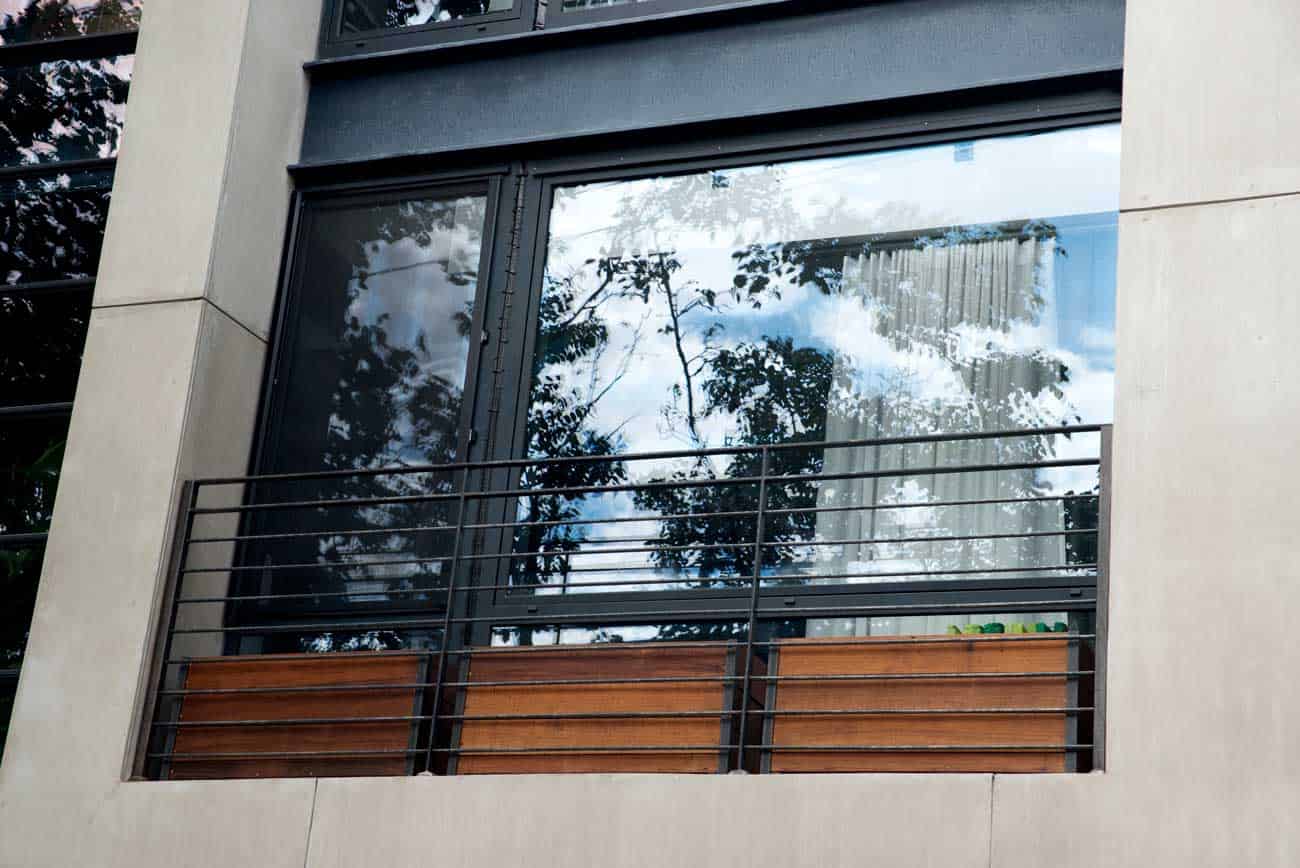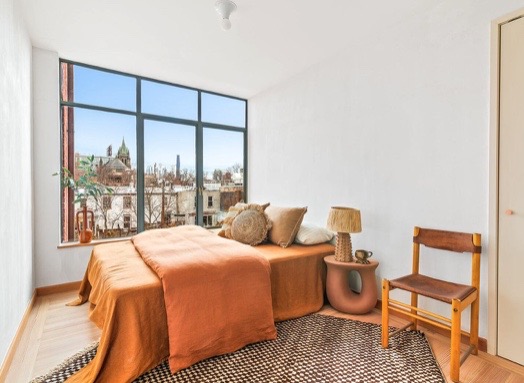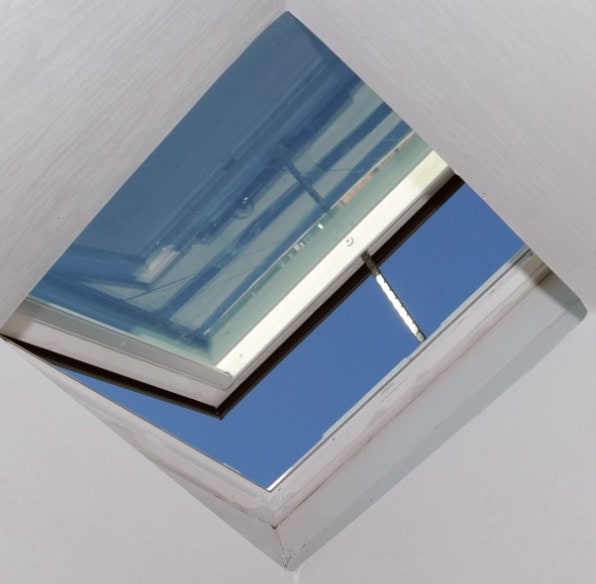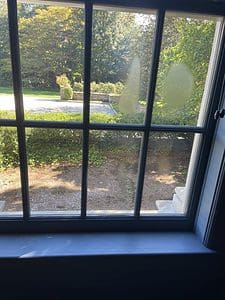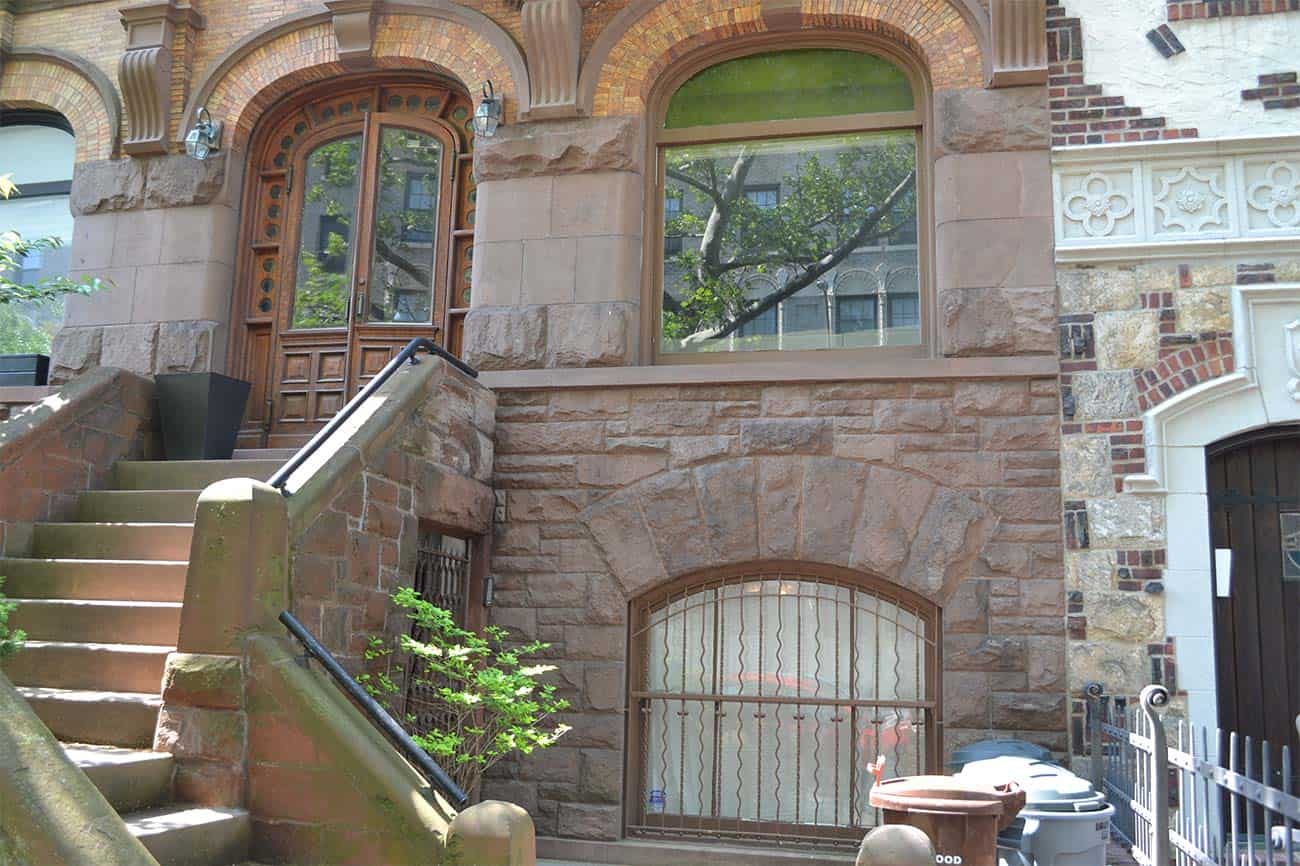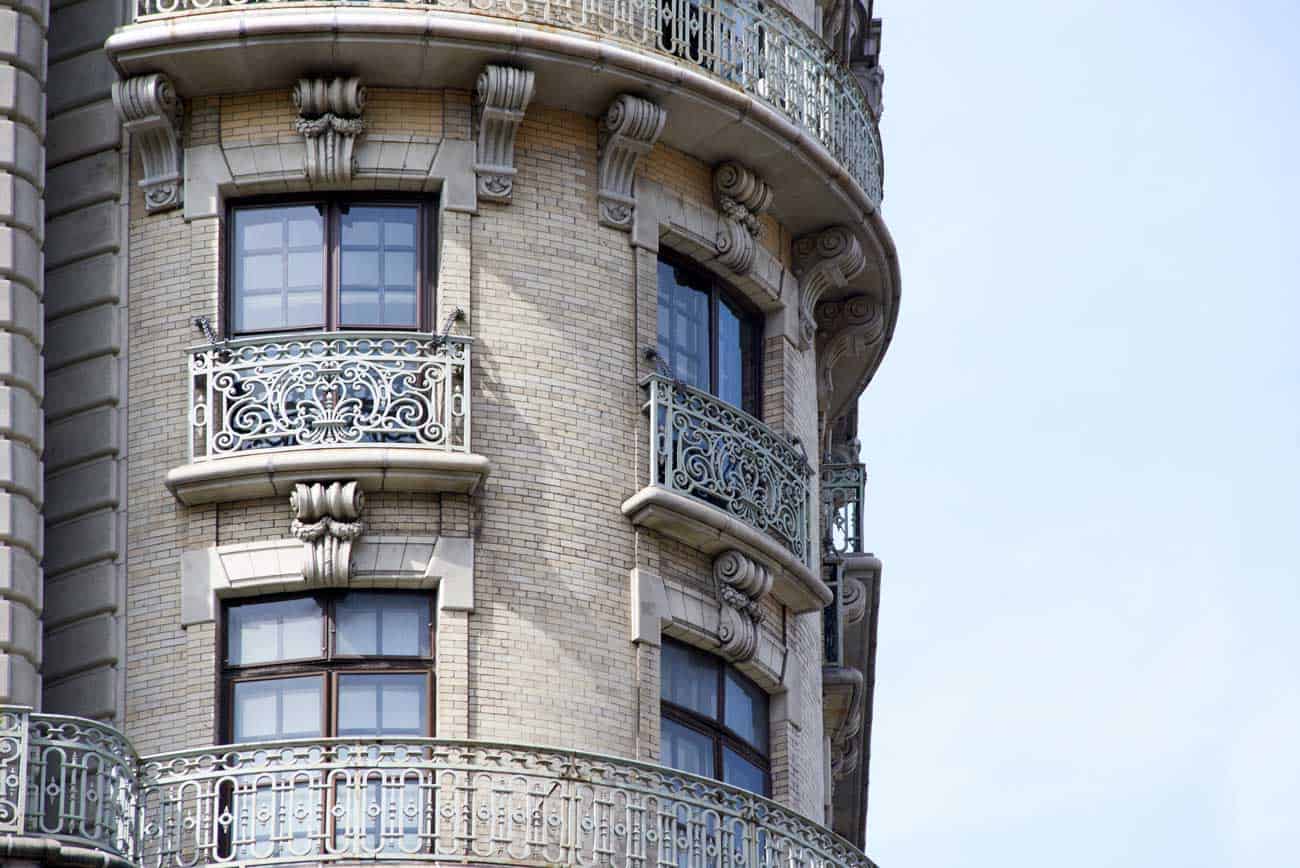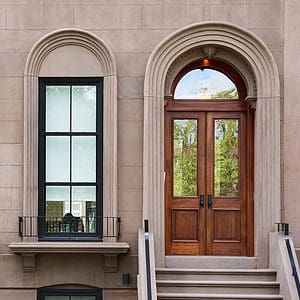5 Effective Sound Reduction Solutions
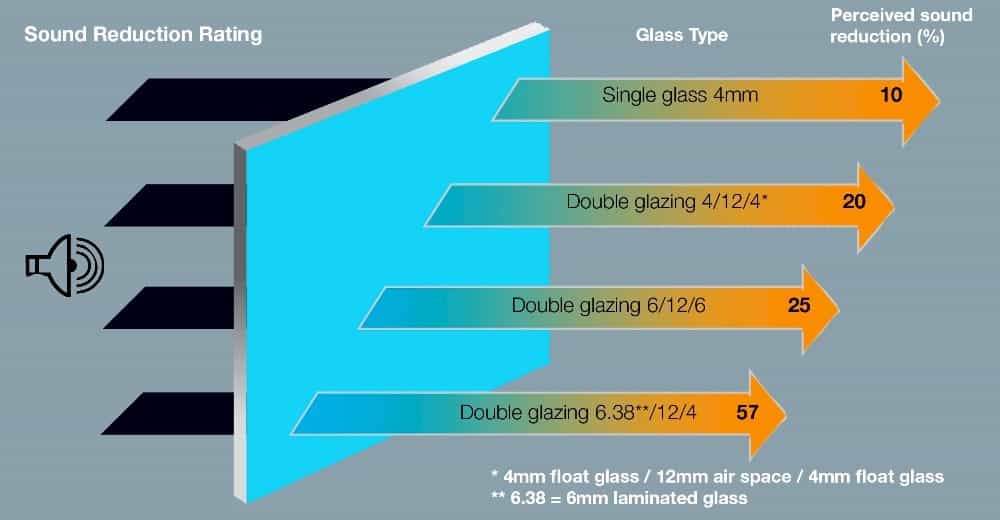
Sound Reduction = Happiness
In urban settings or near bustling environments like highways or construction zones, unwanted noise infiltrating homes can be a persistent issue. While achieving complete silence might be elusive, implementing soundproof windows can significantly mitigate the disturbance. Understanding the mechanisms behind noise reduction and the various options available can empower homeowners to create a quieter, more peaceful living space.
Learn more from the National Fenestration Rating Council.
Soundproof windows function by impeding the transfer of sound waves, thus reducing the perceived noise level indoors. When sound waves encounter different materials, they can be absorbed, reflected, or minimized. By strategically optimizing factors such as airspace, glass thickness, and the number of panes, the effectiveness of soundproofing can be maximized. Additionally, ensuring meticulous installation is crucial for maintaining airtight seals, further enhancing noise reduction capabilities.
One of the primary strategies to upgrade soundproofing is transitioning from single-pane windows to dual- or triple-pane designs. This simple yet effective modification significantly enhances noise reduction capabilities. Multiple panes of glass create barriers that obstruct sound waves, resulting in a quieter indoor environment. The additional layers act as buffers, minimizing the impact of external noise intrusion.
Moreover, selecting the appropriate type of glass can further augment soundproofing efforts. Laminated glass, for instance, consists of multiple layers bonded together with a resilient interlayer. This construction not only enhances structural integrity but also serves as an effective sound barrier. Laminated glass dampens vibrations caused by sound waves, thereby diminishing their impact on indoor noise levels.
Another consideration is the utilization of acoustic glass, specifically engineered to reduce noise transmission. Acoustic glass incorporates innovative technologies and materials to enhance soundproofing capabilities. Its unique composition disrupts the propagation of sound waves, resulting in a quieter interior environment. By investing in acoustic glass, homeowners can enjoy a substantial reduction in unwanted noise, fostering a more tranquil living space.
Furthermore, optimizing the spacing between panes can contribute to superior noise reduction. Varying the airspace between glass layers disrupts the transmission of sound waves, further attenuating noise infiltration. By strategically adjusting this parameter, homeowners can tailor soundproofing solutions to suit their specific requirements, achieving optimal results in noise reduction.
In addition to glass modifications, proper installation plays a pivotal role in maximizing soundproofing effectiveness. Ensuring precise fitting and airtight seals minimizes opportunities for sound leakage, enhancing the overall performance of soundproof windows. Professional installation services offer expertise in sealing gaps and optimizing window placement, guaranteeing optimal noise reduction outcomes.
Beyond window upgrades, supplementary measures can complement soundproofing efforts and enhance overall noise reduction. Installing heavy drapes or curtains can serve as additional barriers to sound transmission, further reducing noise infiltration. Additionally, incorporating sound-absorbing materials such as acoustic panels or foam can help attenuate reverberations within the home, creating a quieter, more conducive environment.
Regular maintenance and upkeep of soundproof windows are imperative to preserve their effectiveness over time. Periodic inspections to identify and address any potential issues, such as worn seals or damaged panes, are essential for sustaining optimal noise reduction capabilities. By prioritizing maintenance, homeowners can ensure long-lasting performance and continued enjoyment of a quieter living space.
While achieving complete silence may be unattainable, implementing soundproof windows offers a viable solution to mitigate unwanted noise in residential settings. By understanding the principles of soundproofing and exploring various options such as dual-pane or triple-pane designs, laminated or acoustic glass, homeowners can effectively enhance the tranquility of their living environment. Coupled with meticulous installation and supplementary measures, soundproof windows constitute a comprehensive strategy for creating a quieter, more comfortable home.

